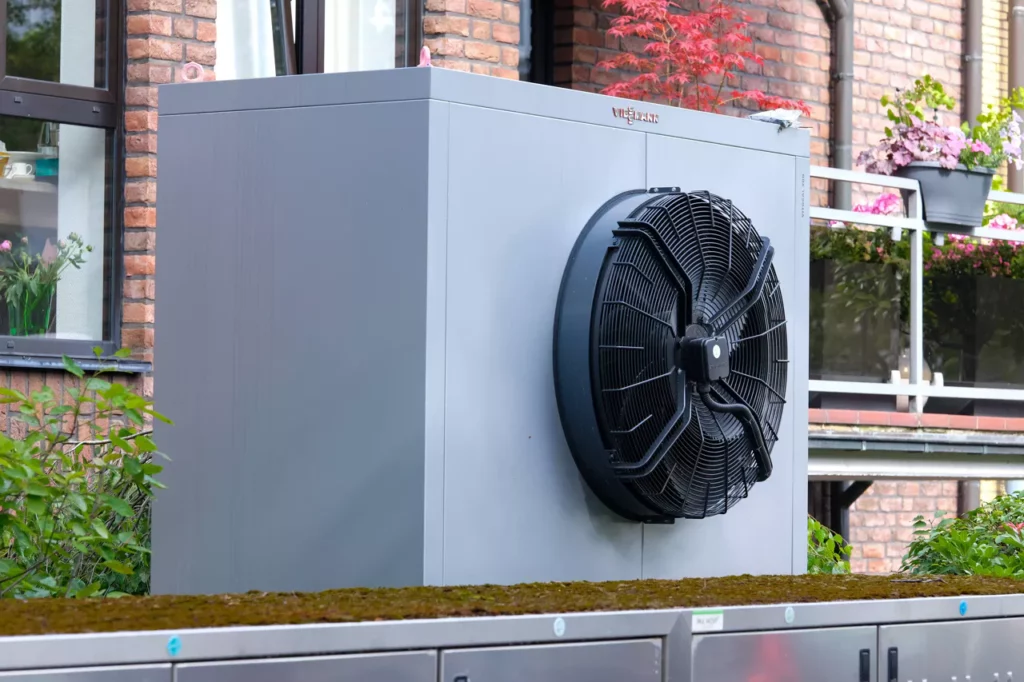Heat pumps have been engineered as an answer to sustainable heating, offering huge energy and emissions savings over conventional gas or oil heaters. But heat pump sales are falling significantly in Belgium, largely due to their higher costs.
The Federal Energy Regulator (CREG) is now proposing a series of government measures to encourage more households to invest in heat pumps, whose popularity soared during the energy crisis when gas prices hit crippling highs. But with global energy markets now relatively stable, demand for heat pumps has also subsided.
A recent CREG study highlighted the cost of investing in sustainable energy – particularly heat pumps – compared to fossil-fuel boilers. Factoring in the purchase price and running costs, a heat pump in Belgium is currently two to three times more expensive than an oil or gas boiler. The return on investment takes ten years.
But the environmental benefits are undeniable, especially if powered by renewable electricity. In light of this, Flanders plans to make heat pumps compulsory for heating in (new) homes from 2026. Thereafter, conventional central heating boilers will be phased out. But Belgium's other regions have yet to take such steps to cut heating emissions.
For this reason, CREG wants to make heat pumps more financially viable and has put forward a set of recommendations to the Federal and regional Governments.
Reduced VAT and excise duties reform
The first recommendation is to offer regional investment premiums for heat pumps. These would only go to well-insulated homes, without which the benefits of heat pumps cannot be fully realised, making them more expensive to operate.
It also recommends prolonging the reduced VAT of 6% for installing a heat pump.
The electricity distribution costs should also be addressed. At present, homeowners with a heat pump and a dynamic energy contract can lower electricity costs by using the heat pump when market prices are low. But CREG notes that this could lead to a rise in peak usage and, due to capacity tariffs, increased distribution costs. Instead it favours a uniform "encouragement rate" for distribution costs, effectively stimulating consumers to shift their energy use according to the market prices.
Related News
- Belgium's staggering carbon footprint from home heating worries experts
- Closing time for European industry? Energy prices in 2050 will be 50% more than in USA, China and India
- Harnessing the winds of change: The battle for Belgium's green energy shift
Furthermore, CREG recommends reforming existing energy duties, for instance by reducing duties on domestic electricity while increasing it for natural gas, heating oil, or propane. This would make heat pumps more economically viable for well-insulated homes, compared to oil boilers.
Regional premiums combined with lower duties and VAT will be necessary to ensure heat pumps are cost effective, says CREG. For heat pumps to compete with a gas boiler, a premium of at least €4,200 is needed. It is €7,100 to compete with propane. Smart heat pumps and an encouragement rate for distribution costs could reduce this gap.

